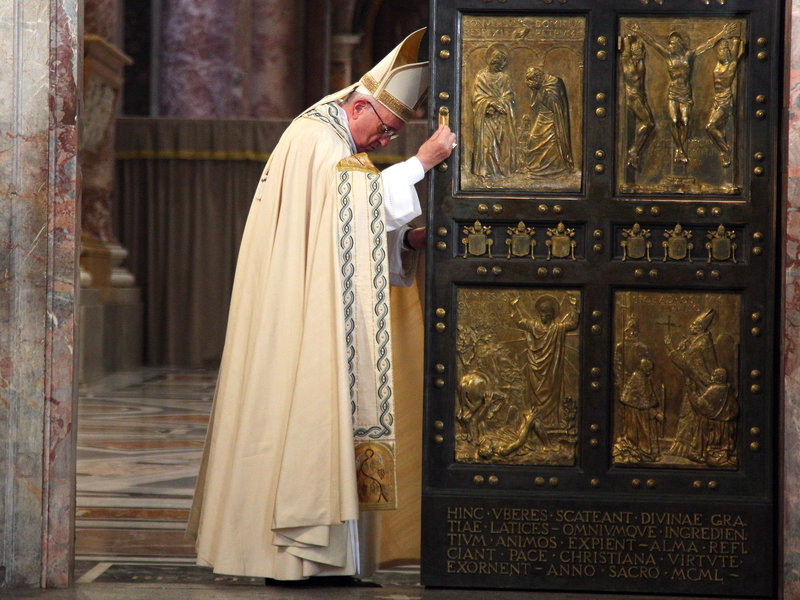As Pope Francis closes the doors on the Roman Catholic Church’s Jubilee Year of Mercy, he has announced that an exception to the rule on absolving women who have had abortions will continue indefinitely.
Pope Francis has declared that abortion, which remains a “grave sin” in the eyes of the Catholic Church, can be absolved by ordinary priests for the foreseeable future — instead of requiring the intervention of a bishop.
The change was implemented on a temporary basis, for one year only, as part of the Catholic Church’s “Year of Mercy,” which began last December and ended on Sunday.
On Sunday, in a letter praising the gifts of mercy and joy encountered during the Jubilee Year, Francis spent several paragraphs on the subject of Penance and Reconciliation, concluding,
The Sacrament of Reconciliation must regain its central place in the Christian life. This requires priests capable of putting their lives at the service of the “ministry of reconciliation” (2 Cor 5:18), in such a way that, while no sincerely repentant sinner is prevented from drawing near to the love of the Father who awaits his return, everyone is afforded the opportunity of experiencing the liberating power of forgiveness. …
Given this need, lest any obstacle arise between the request for reconciliation and God’s forgiveness, I henceforth grant to all priests, in virtue of their ministry, the faculty to absolve those who have committed the sin of procured abortion. The provision I had made in this regard, limited to the duration of the Extraordinary Holy Year, is hereby extended, notwithstanding anything to the contrary. I wish to restate as firmly as I can that abortion is a grave sin, since it puts an end to an innocent life. In the same way, however, I can and must state that there is no sin that God’s mercy cannot reach and wipe away when it finds a repentant heart seeking to be reconciled with the Father. May every priest, therefore, be a guide, support and comfort to penitents on this journey of special reconciliation.
Before last Advent, absolution for abortion had been restricted to the ministry of bishops, although they could delegate that authority to priests, and many regularly did so in the US, according to NPR.
“Forgiveness has always been available — albeit through more formal channels,” Candida R. Moss, a professor of New Testament and Early Christianity at the University of Notre Dame, told NPR at the time. “That message wasn’t out there because the rhetoric that accompanies abortion is so elevated that it eclipses the Church’s teaching on forgiveness and mercy.”
Find the text of the Pope’s letter at the close of the Jubilee Year of Mercy here. NPR reports on the permission to priests to offer absolution after abortion here.
Featured image: Pope Francis closes the Holy Door in St. Peter’s Basilica on Sunday in Vatican City, marking the end of the Jubilee Year of Mercy. Vatican Pool/Getty Images

